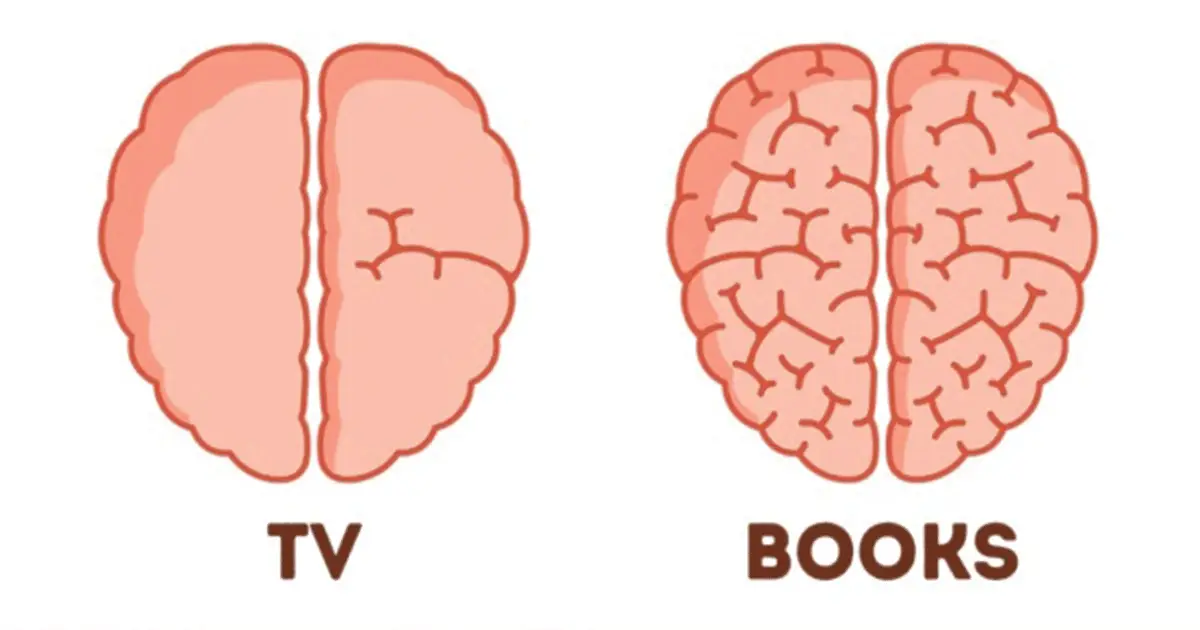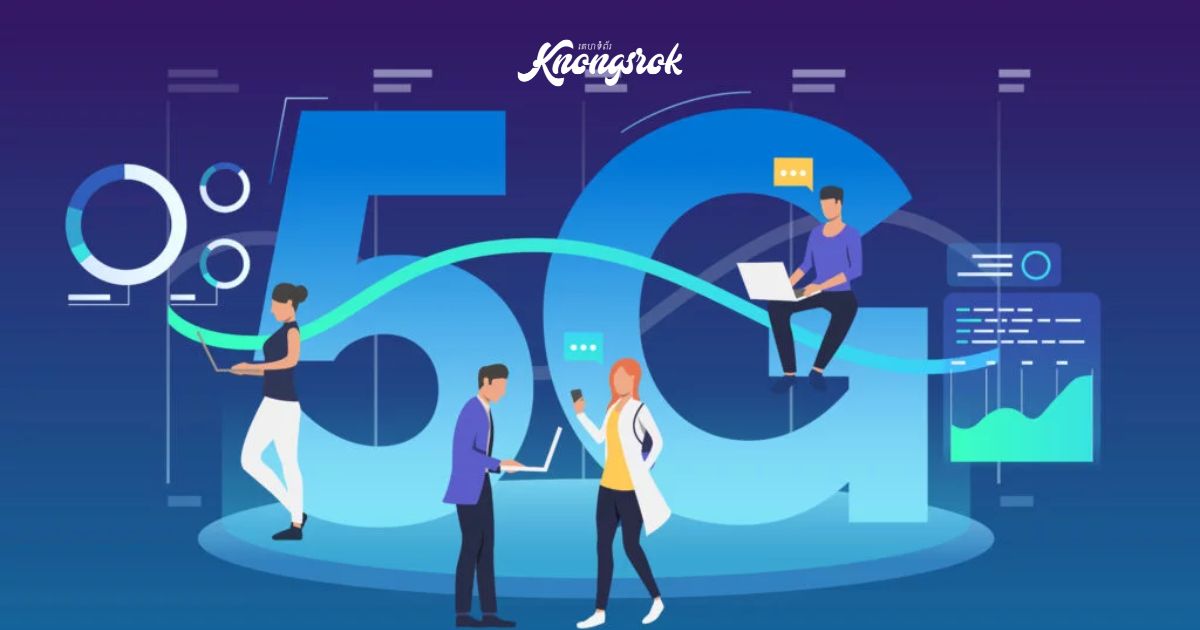The Rise of Quantum Computing: What It Means for Technology and Security
Quantum computing, once a theoretical pursuit, is rapidly advancing, promising to revolutionize fields as diverse as technology, medicine, and cybersecurity. Unlike classical computers, which process information in binary form (0s and 1s), quantum computers operate using quantum bits, or qubits, which can exist in multiple states simultaneously due to principles like superposition and entanglement. These unique properties allow quantum computers to process complex calculations exponentially faster than classical systems, with implications that are both exciting and challenging.

1. The Basics of Quantum Computing
Quantum computing harnesses the laws of quantum mechanics, which govern particles at the subatomic level. The primary differences between quantum and classical computing are:
•Qubits and Superposition: Unlike traditional bits, qubits can represent both 0 and 1 at the same time (superposition), allowing quantum computers to perform many calculations simultaneously.
•Entanglement: When qubits become entangled, the state of one qubit is directly related to the state of another, regardless of the distance between them. This can lead to extremely fast and secure data processing.
•Quantum Interference: Quantum algorithms use interference to amplify correct answers and cancel out incorrect ones, enabling rapid problem-solving.
Together, these properties could make quantum computers capable of solving certain types of problems that classical computers can’t efficiently handle, such as simulating molecular interactions or optimizing complex logistical networks.
2. Applications in Technology
Quantum computing is poised to make significant advancements in several areas of technology:
•Drug Discovery and Material Science: Quantum computers can simulate molecular interactions at an atomic level, allowing scientists to model and predict chemical reactions with high accuracy. This could accelerate drug discovery, enabling pharmaceutical companies to design more effective treatments with fewer side effects. In material science, quantum simulations may lead to the creation of new materials with unique properties, such as superconductors and lightweight alloys.
•Artificial Intelligence and Machine Learning: Quantum computing has the potential to accelerate machine learning algorithms by optimizing data processing tasks. Quantum-enhanced AI can analyze vast datasets more efficiently, enabling faster training of models and advancing fields like natural language processing, image recognition, and decision-making.
•Climate Modeling and Energy Efficiency: Accurate climate modeling requires immense computing power due to the complex nature of climate systems. Quantum computing could enable more precise and faster simulations of environmental conditions, helping scientists develop models that can predict climate change patterns and test potential solutions. Additionally, quantum computers can improve energy distribution and help optimize renewable energy grids.
3. Implications for Cybersecurity
Quantum computing presents both unprecedented opportunities and risks in cybersecurity:
•Breaking Cryptography: Most modern cryptographic systems, including RSA and ECC, rely on the difficulty of factoring large numbers, a task that’s virtually impossible for classical computers to solve efficiently. However, with quantum algorithms like Shor’s algorithm, a sufficiently advanced quantum computer could theoretically break these cryptographic protocols in minutes, posing a serious threat to data security across industries, from banking and government to personal communications.
•Post-Quantum Cryptography: In response to the quantum threat, researchers are developing post-quantum cryptography—new cryptographic algorithms designed to be resistant to quantum attacks. These systems aim to ensure data security in a quantum world, though they are still under development and must undergo extensive testing before widespread adoption.
•Quantum Key Distribution (QKD): While traditional cryptographic systems are threatened by quantum computing, quantum technology also offers a potential solution. QKD, a method of secure communication, uses the principles of quantum mechanics to enable two parties to exchange encryption keys in a way that is secure from eavesdropping. In QKD, if a third party attempts to intercept the key, the quantum state changes, alerting both parties to the intrusion.
4. Challenges and Limitations
While the potential of quantum computing is immense, several challenges remain:
•Hardware and Stability: Quantum computers are extremely sensitive to external factors like temperature and electromagnetic radiation. Quantum decoherence—when qubits lose their quantum state due to interference—poses a significant challenge, as it can lead to errors in calculations. Ensuring stable, error-free qubits requires sophisticated cooling systems and precise control, making quantum computers costly and complex to maintain.
•Scalability: Building a quantum computer with a large number of stable qubits is difficult. Though researchers have achieved breakthroughs in creating more qubits, reaching the thousands or millions of qubits needed for practical applications remains a major hurdle.
•Software and Algorithms: Developing quantum algorithms is not as straightforward as writing software for classical computers. Quantum computing requires new algorithms specifically designed to leverage quantum mechanics, which presents a learning curve for researchers and software engineers.
5. Quantum Computing’s Potential Societal Impact
The rise of quantum computing could transform society in ways both expected and unforeseen:
•Economic Transformation: Quantum computing could give rise to new industries, disrupt existing markets, and create jobs in fields like quantum programming, hardware engineering, and cryptography. Countries and corporations investing in quantum research and infrastructure are likely to see significant economic benefits as the technology matures.
•Impact on Privacy and Governance: The potential of quantum computing to break classical cryptographic systems raises questions about the future of data privacy and national security. Governments may need to update policies and protocols to protect sensitive information and ensure that quantum computing advancements align with ethical and legal standards.
•Healthcare Advancements: By accelerating drug discovery, improving diagnostics, and enabling personalized medicine, quantum computing could revolutionize healthcare, leading to breakthroughs that extend and improve lives. However, ensuring equitable access to these advancements will be essential to prevent a widening healthcare gap.
6. The Road Ahead: Preparing for a Quantum Future
As quantum computing approaches practical applications, it’s crucial for organizations and governments to prepare:
•Investing in Research and Collaboration: Collaboration between governments, private industry, and academia is essential to drive innovation in quantum computing. Investment in education and training will also be key, as quantum computing requires specialized knowledge in physics, mathematics, and computer science.
•Developing Quantum-Safe Standards: To ensure data security in the quantum era, organizations and governments must start adopting quantum-safe encryption protocols. Organizations like the National Institute of Standards and Technology (NIST) are already working on developing post-quantum cryptography standards to protect data against future quantum threats.
•Raising Public Awareness: Quantum computing is a highly complex topic, and widespread understanding is limited. Raising awareness and fostering public dialogue on quantum computing’s potential impacts—both positive and negative—can help society make informed decisions as the technology progresses.
Conclusion
Quantum computing stands poised to bring about profound technological advancements, transforming industries, economies, and even the fabric of cybersecurity. While its potential benefits are vast, the technology also poses significant challenges, especially in data security and cryptography. As organizations, researchers, and governments work to harness and regulate quantum computing, preparing for its impact on technology and society will be essential. Quantum computing may still be in its early days, but its rise signals a transformative future where computation, technology, and security converge in ways we are only beginning to imagine.













